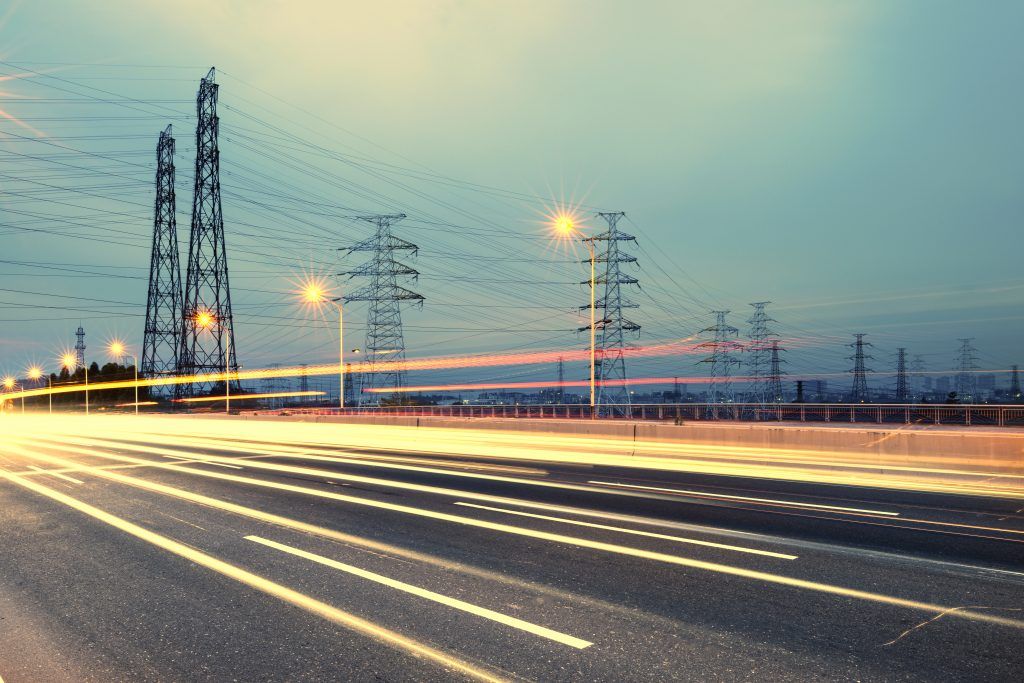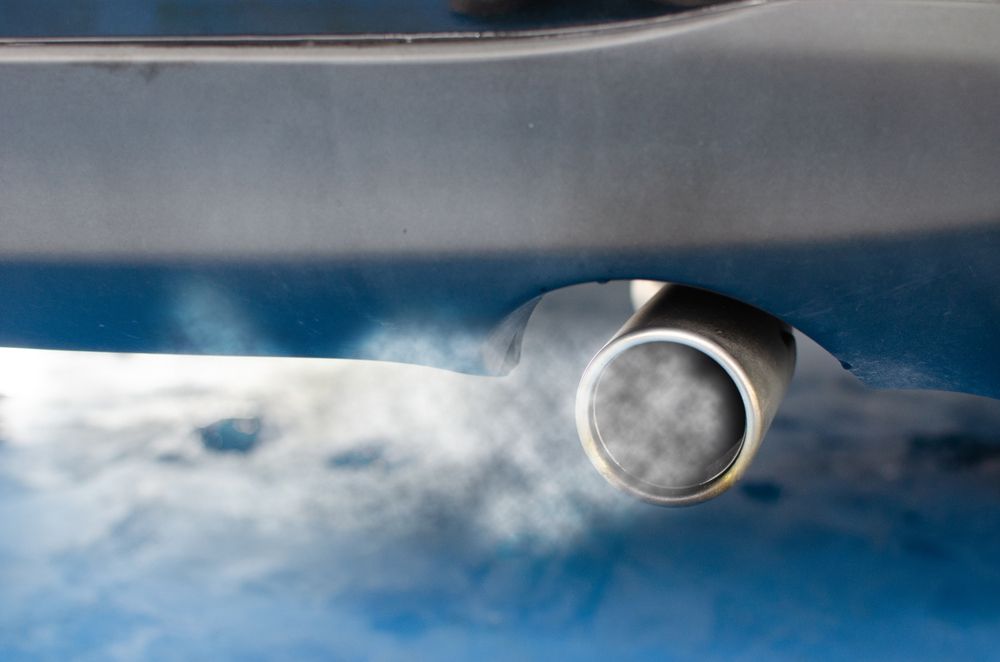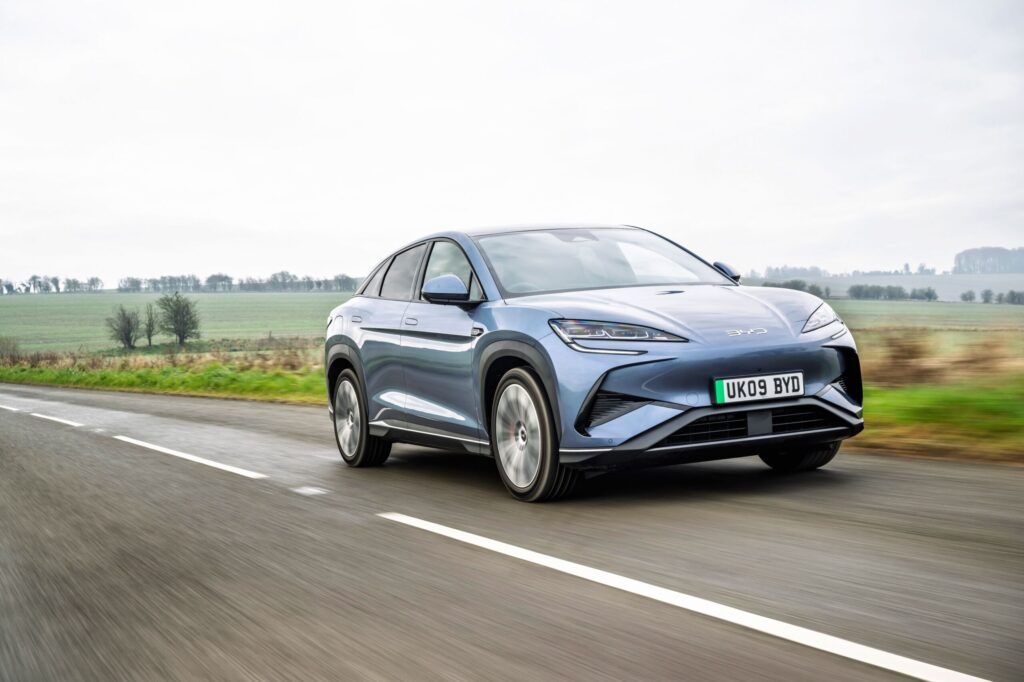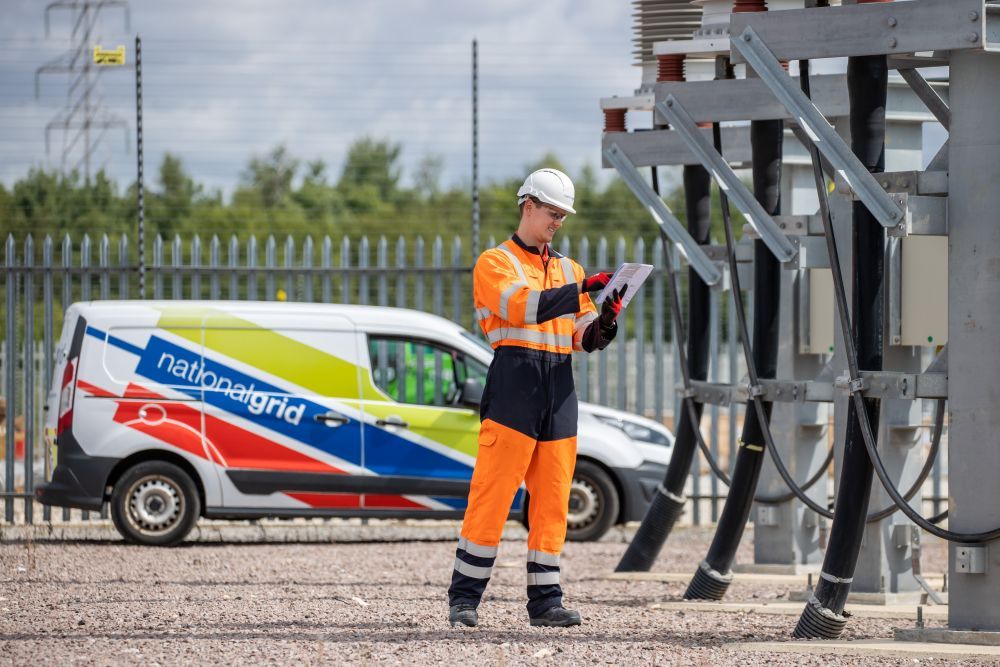UK businesses are putting pressure on the new government to maintain the momentum behind the UK’s transition to electric vehicles (EVs), after agreeing a seven-point plan.
Twenty-eight leading UK businesses form part of the UK Electric Fleets Coalition, which is run by international non-profit Climate Group. They have urged the Government to take the recommended below steps to ensure the UK maintains momentum behind the EV transition, to stimulate economic as well as environmental benefits from ambitious transport decarbonisation plans.
Alongside the plan, the group has written to Prime Minister Liz Truss to urge her to show more support for businesses making the switch to electric.
The seven-point plan recommends:
· Ensuring the planned zero emission vehicle (ZEV) mandate is ambitious, simple and well-implemented to encourage automakers to increase supply
· Grant certainty for vans – with any changes to the current system announced well in advance
· A government commitment to maintain favourable Benefit in Kind rates for EVs until at least 2026
· An increase in the Advisory Electricity Rate in line with increasing energy costs to reimburse electric company car mileage
· A tendering process for the installation of charging infrastructure, which will help businesses offset the cost of upgrades
· Continued access for Local Authorities to the government’s LEVI charging infrastructure fund until at least 2028
· Introducing ‘a right to plug’, allowing EV drivers to request access to chargers in their local area
The UK Electric Fleets Coalition is a group of leading businesses, led by the Climate Group in partnership with BT Group, LeasePlan, Openreach and Royal Mail.
Dominic Phinn, Senior Policy Manager, Climate Group, comments: “We have written to the new Prime Minister today, alongside unveiling our seven-point plan, because businesses need continued support to decarbonise their fleets, particularly as electricity costs continue to rise. The UK has shown strong leadership on EVs but we now need to go further.
“We await further details on the government’s ZEV mandate, and we need the reassurance that the UK’s charging network will be delivered at a local level, to ensure investment is targeted and put to best use. Enshrining a ‘right to plug’ would give EV drivers the power to request charging infrastructure in their local area and be a strong show of support that this government is right behind the businesses already investing in electric road transport.”
Gabrielle Ginér, Head of Environmental Sustainability, BT Group, adds: “The transition to low and zero emissions vehicles is a key enabler for us to become a net zero business by the end of March 2031. Together with Openreach, BT Group is leading the way, but to get there, we need to be confident that the supply of vehicles, components and charging points to keep our vans on the road will be sufficient. This needs to be a team effort with Government removing obstacles and introducing supportive policies which drive the necessary bold action required to transition to a low carbon economy.”
Clive Selley, CEO, Openreach said: “Openreach engineers work in every community, all over the UK, which is why we have one of the largest commercial van fleets in the UK. Today those 29,000 vans are mostly diesel, but we’re determined to lead the transition away from fossil fuels, so we’ve committed to go electric by 2030 and have already got more than 1,500 electric vans on the road.
“We really want to go further and faster but, like other businesses, we face some roadblocks: a lack of charging infrastructure, the short supply of UK manufactured vehicles, difficulties getting isolators installed in our engineers’ homes and both a limit to the number of and cuts in grant funding for EVs. This means the Government’s role is crucial if we want to accelerate the UK’s transition to a greener future.”
Simon Thompson, CEO, Royal Mail adds: “Alongside other UKEFC members, we are leading the change to achieving a more sustainable future for our fleet and our planet. We remain committed to work with the Government to meet its ambitions for a zero emission transport system in the UK.”
Image courtesy of Shutterstock.










